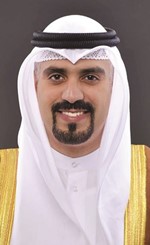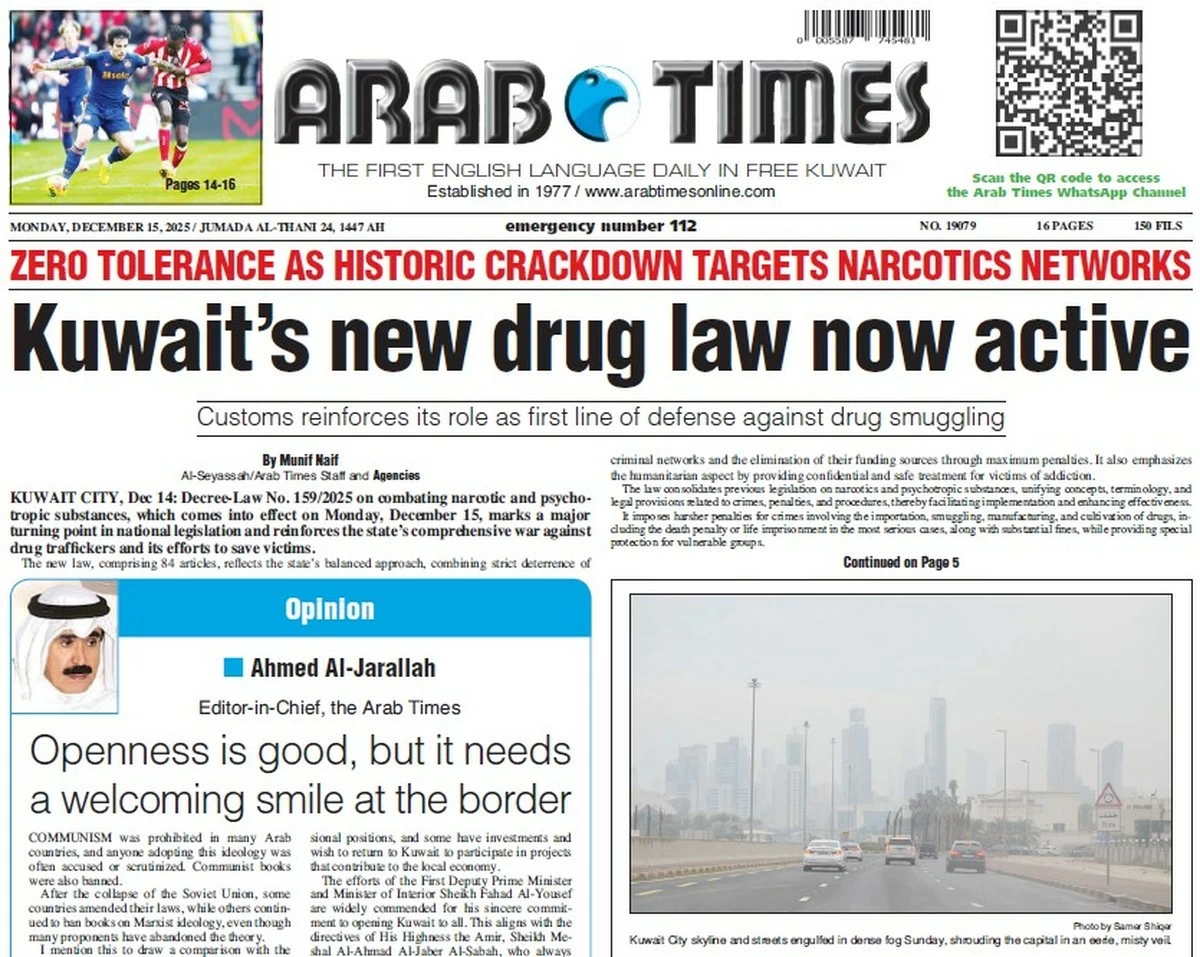28/10/2023
28/10/2023

KUWAIT CITY, Oct 28: Sheikh Dr. Mishal Al-Jaber, Chairman of the Kuwait Direct Investment Promotion Authority, has emphasized the pivotal role of foreign direct investment (FDI) in Kuwait's strategy to attain the United Nations sustainable development goals and the objectives outlined in the New Kuwait Vision 2035, reports by Al-Anba daily.
Sheikh Mishal views FDI as a critical driver of economic growth, diversification, and sustainability, highlighting that all 17 United Nations sustainable development goals are incorporated within the seven pillars of "New Kuwait 2035." These goals are comprehensively addressed to tackle both social and economic challenges.
In an interview with the Oxford Business Group, Sheikh Mishal articulated that the substantial impact of foreign direct investment contributes to the creation of a sustainable, prosperous, and well-rounded economy. It does so by facilitating the transfer and advancement of advanced technology, fostering innovation in green industries, promoting renewable energy, and smart city initiatives. Furthermore, FDI strengthens relationships with local suppliers and producers, develops the national workforce, and generates job opportunities across various sectors.
Internationally, it supports Foreign Direct Investment Global Partnerships for Sustainable Development through Corporate Social Responsibility Initiatives.
Sheikh Mishal noted that aligning with the authority's mission of positioning Kuwait as a prime destination for value-added direct investment, the development of local skills is a fundamental objective. This aligns with New Kuwait Vision 2035's emphasis on nurturing creative human capital, enhancing the quality of life, and cultivating an advanced and sustainable economy. In recent years, the Authority has worked closely with its licensed investment partners to foster local talent.
These entities have announced hundreds of high-quality job opportunities across various administrative, professional, and technical levels, benefitting thousands of employees. The programs offer specialized, accredited certificates to enhance professional and managerial skills, including financial analysis, project management, operational technology, and cloud computing. They also support the broader goal of promoting the adoption and utilization of new technologies and solutions in the Kuwaiti market.
Sheikh Mishal highlighted that the Authority employs a multifaceted investment policy consistent with national and international frameworks, including the principles outlined in the United Nations Conference on Trade and Development's investment policy framework for sustainable development. The latest interim strategy for the period 2023-2025 delineates three strategic directions: embracing digital transformation, reinforcing resilience in the face of global challenges, and enhancing the capacity to attract and retain direct investment.
These focus areas are intended to enhance competitiveness by drawing high-quality investments in priority sectors, as delineated in the government's strategy for 2023-2027. These priority sectors encompass tourism and entertainment, transportation, communications, logistics services, housing, communications and information technology, financial services, renewable energy, and oil and petrochemicals.
Sheikh Mishal concluded by noting that the Authority oversees the development of three economic zones to serve as industrial clusters, commencing with the Abdali Economic Zone, set to be inaugurated soon. These zones are meticulously designed to align with the development of significant strategic regional projects, with the Authority actively enhancing these opportunities through digital and traditional media campaigns, aimed at showcasing emerging developments and augmenting the investment environment.


